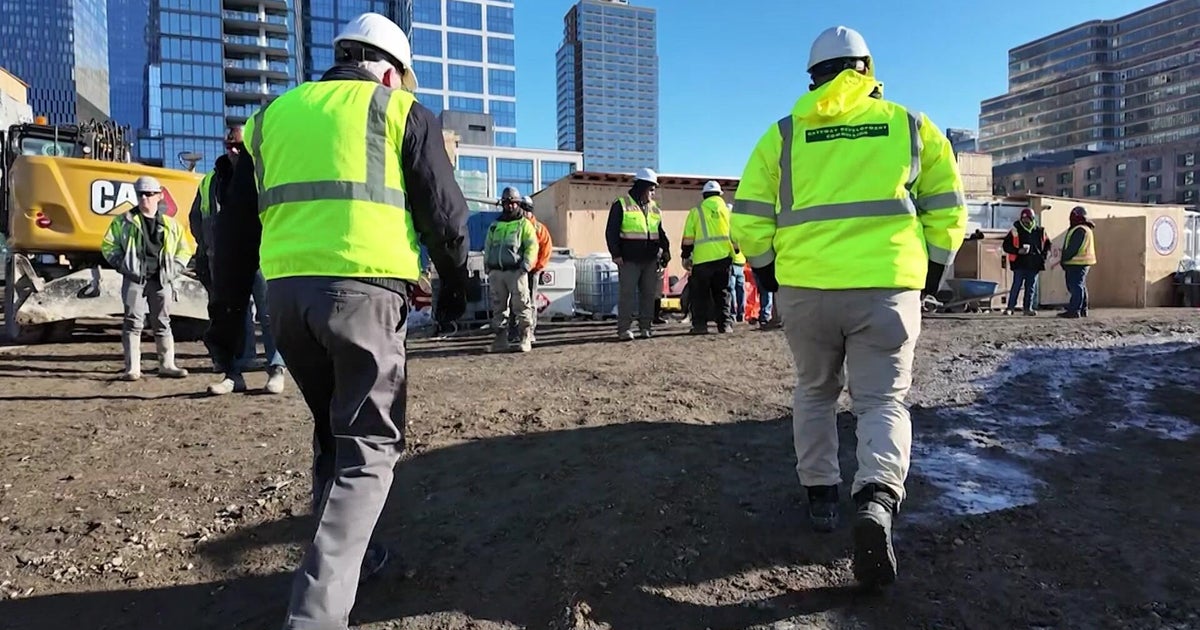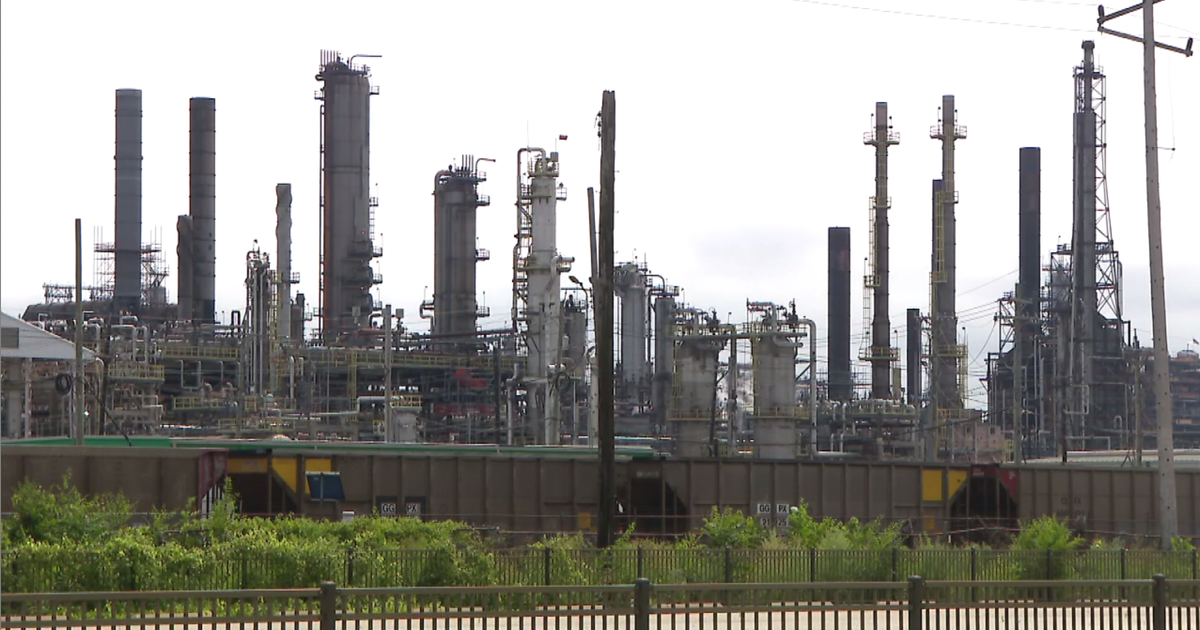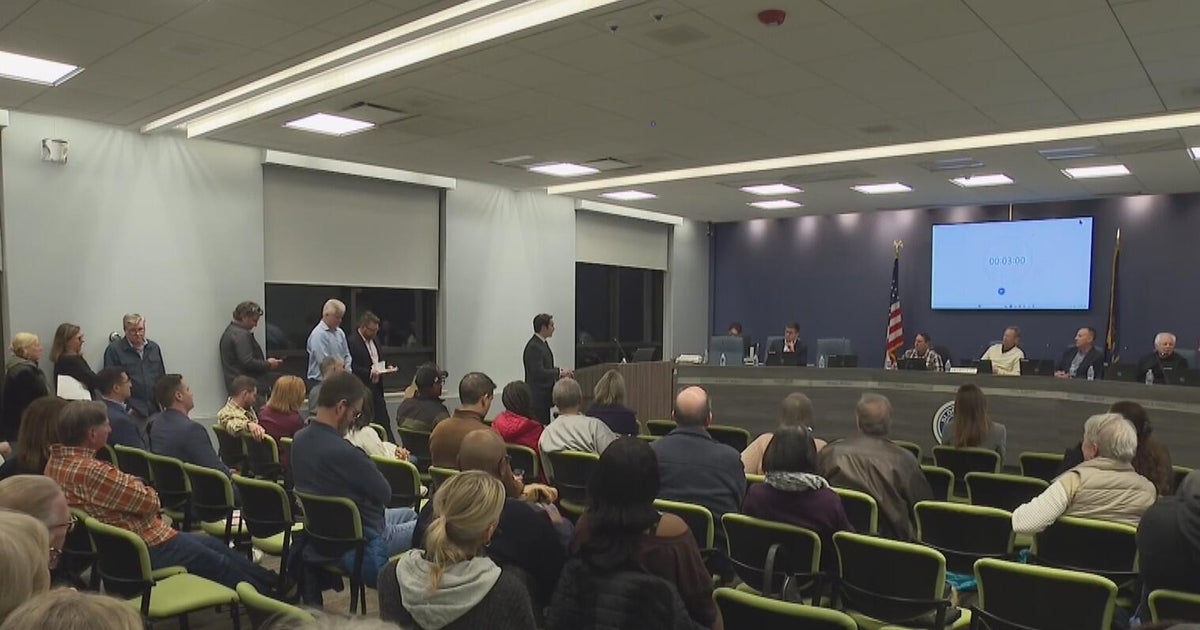Keystone XL Veto Could Make A Case Against Fracking
President Barack Obama recently vetoed a bill approved by both Congress and the Senate to build the Keystone XL pipeline, an oil pipeline system commissioned to transport oil from Canada and the North Dakota Bakken Shale region to Midwest and Gulf Coast refineries.
The move to veto this bill showcases the Obama administration's focus on climate change at a time when environmentalists are concerned with the pipeline causing more oil spills in sensitive areas of the U.S. and increasing greenhouse gas emissions in total.
Along with this, the Keystone XL pipeline would also have the potential to encourage fracking, another environmental threat many are worried about.
RELATED: Gov. Andrew Cuomo Bans Fracking In New York Over Health Concerns
Fracking, or hydraulic fracturing, is the process of drilling and then injecting hydraulically pressurized fluid made of water, sand and chemicals into the ground in order to fracture shale rocks and release natural gas.
However, it comes with its share of negative impacts on the environment and human health.
"There's quite a few different dimensions," says Hugh MacMillan, a senior researcher for Food & Water Watch. "It impacts land, water, air and climate really."
The fluid used in fracking contains harmful chemicals such as lead, mercury and radium, and these chemicals have the potential to be ingested by humans during well leaks.
"With water, you've got accidents and spills; over 5,000 a year," MacMillan adds. "Many of which, like in Denver, Colorado, are reaching surface waters and also risk some shallow ground waters."
Methane leaks also occur during fracking, exposing the climate to a worse pollutant than coal, but comparing the two can be difficult.
"It all hinges on a balance," MacMillan says. "When you look at climate impacts, how do you compare apples to oranges? How do you compare the impact of carbon dioxide to the impact of CH4, or methane?"
And while the government attempts to regulate these methane leaks, environmentalists are wary of regulations, calling for a complete ban on fracking instead.
The idea of a compromise between them and federal lawmakers seems almost improbable in the near future, especially when environmentalists believe that cleaner technologies continue to go ignored.
"A lot of this natural gas consumption increase is not coming just at the expense of coal; it's coming at the expense of cleaner technologies and solutions"
RELATED: Officials: Rules Changes Have Upped Fracking Water Recycling
Fracking also has some economic risks and detriments.
"There's also some long-term economic stuff when you get into the legacy of rural communities and those landscapes," MacMillan says, commenting on the economic worth of tourism industries to rural towns and cities.
On the other hand, hydraulic fracturing stands to give the U.S. an independent and domestic means of energy production with fracking occurring in various parts of the country, including the North Dakota Bakken Shale region.
The Keystone XL pipeline could be a means of transporting that commodity despite environmentalists' concerns.
With President Obama's veto standing as a strong statement of his office's focus on climate change, it does not necessarily mean the bill won't be approved further down the line; something Speaker of the House John Boehner wholly plans on making a reality.
Shawn Thomas is a Digital Content Producer for CBS Local. Follow him on Twitter.







